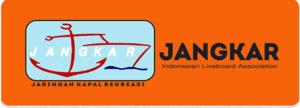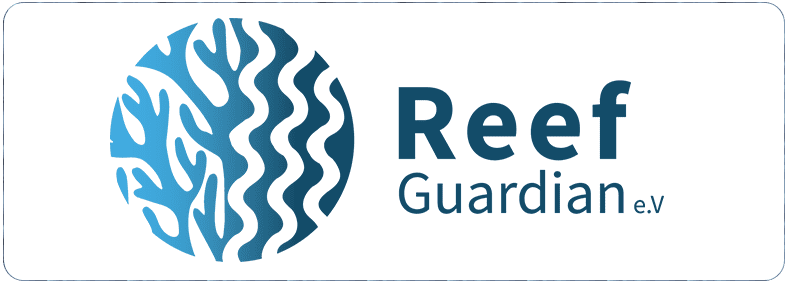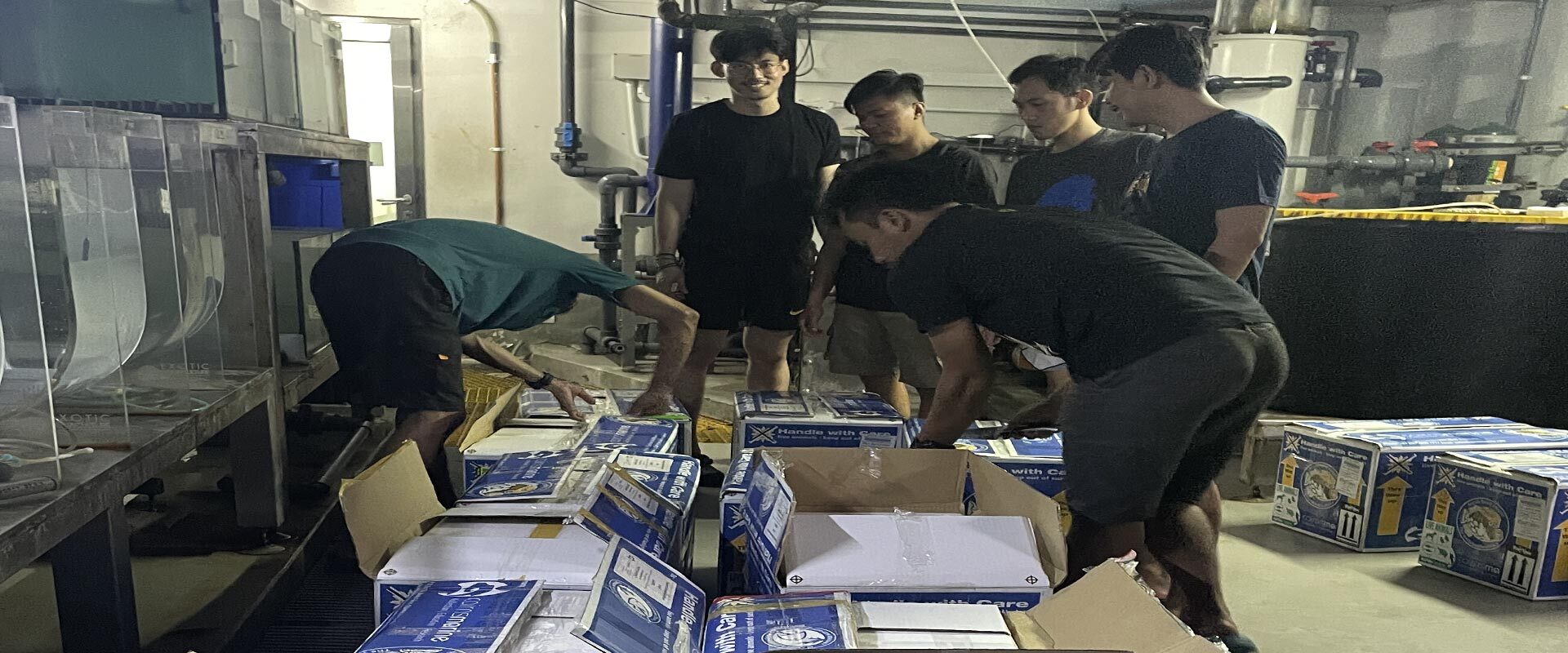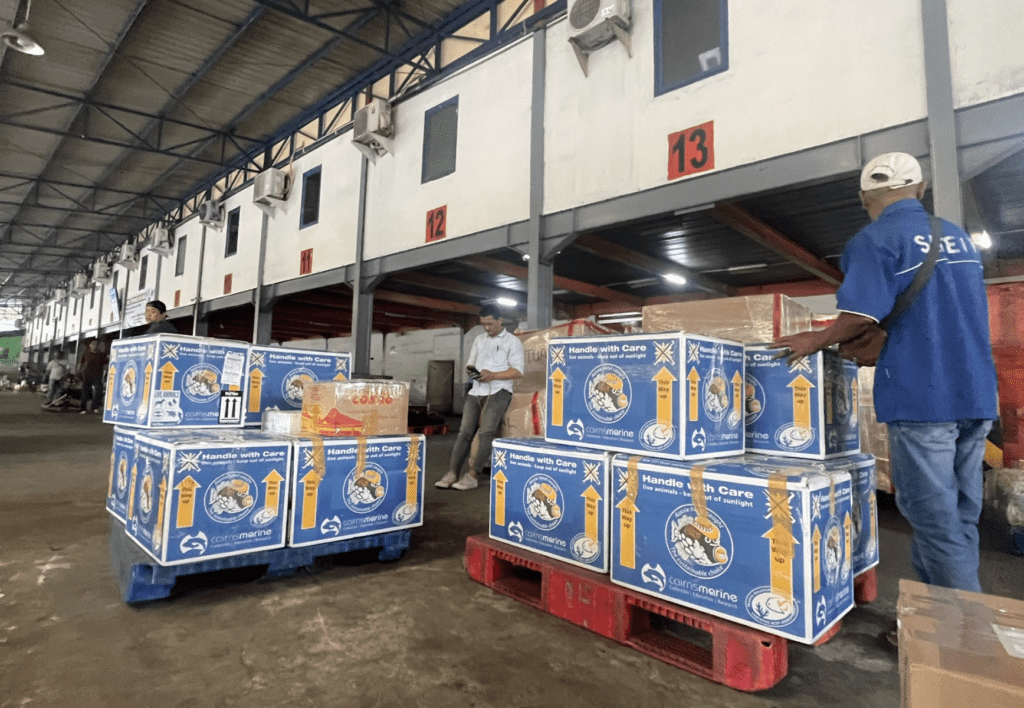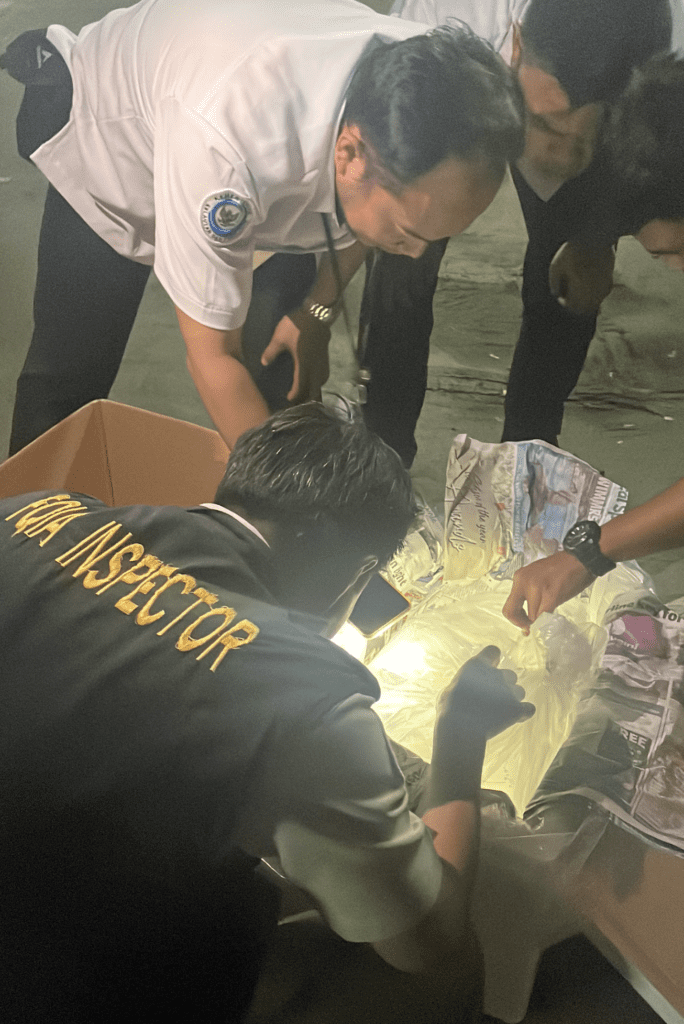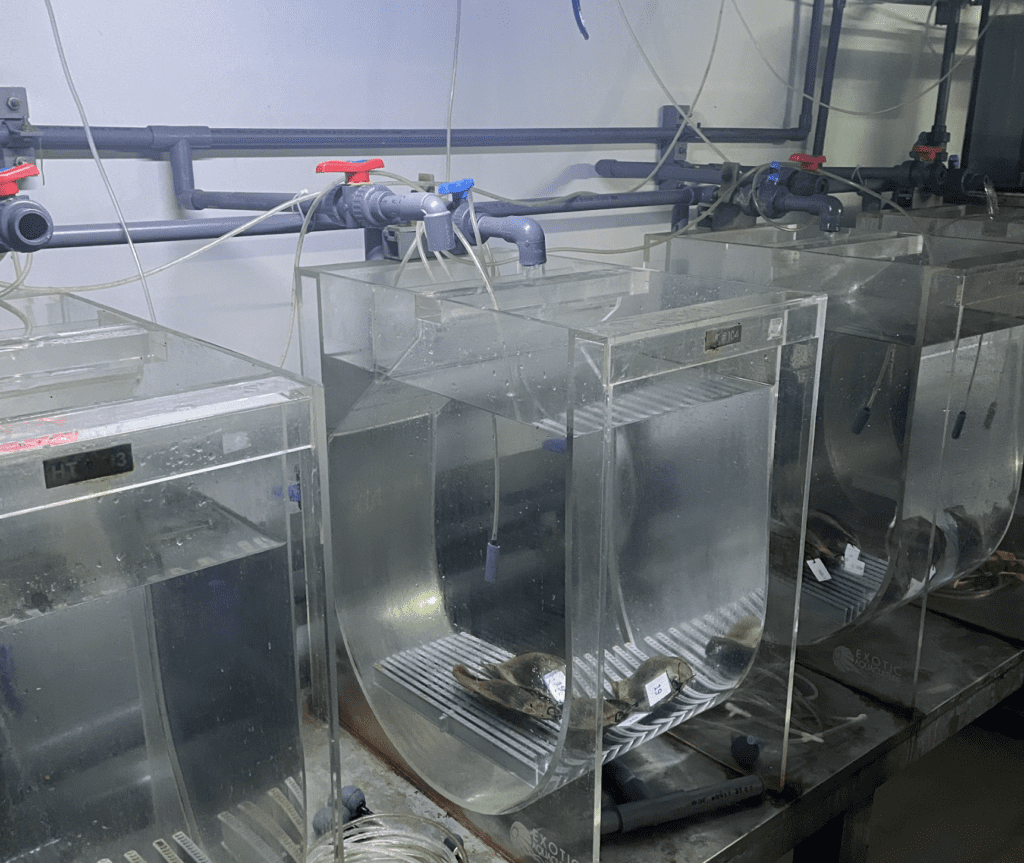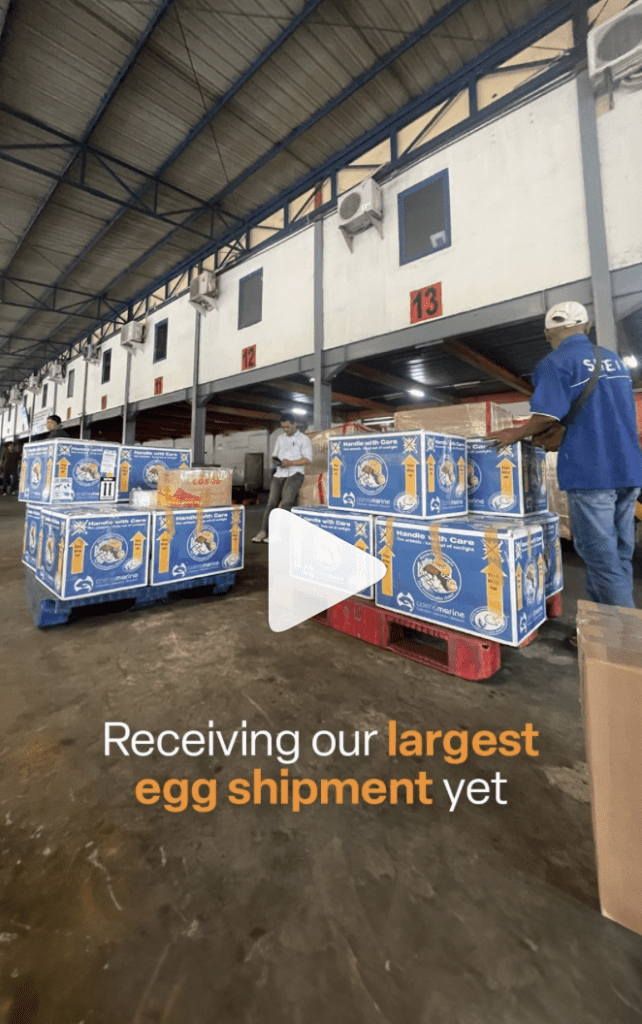Biggest Shipment-Quarantine by *Made Abiyoga Udaya
Administrator’s Note: This is part 2 of the story of ReShark’s and the StAR project’s largest shipment (to date) of Zebra Shark eggs to Indonesia and Raja Ampat.
Those who have been following along with the story of the StAR Project, will know about the long journey of each shark from their public aquarium origin, to their nurseries in Raja Ampat, before hatching, and finally being released into the wild. Though the journey seems rather straightforward, a lot of planning and logistical coordination is required for every single shipment – be it for a single egg, or as in our latest shipment, 21! Throughout their long journeys, our shark eggs must pass through quarantine. More importantly, however, they must have a stopover where they receive a water change, which keeps the “packaging water” highly-oxygenated throughout the duration of travel.
During their stopover in Jakarta, our local aquarium partner and certified quarantine facility, Jakarta Aquarium and Safaris (JAQS) hosts the eggs for as long as needed before being flown to Sorong. Their role in our shipments is crucial as the eggs need to be maintained and monitored until they receive a green light for domestic travel. In a nutshell, JAQS’ job as a quarantine facility is divided into a few steps: (1) unpack the eggs and record water parameters, (2) “candle” the eggs to monitor their condition, (3) feed low-pressure water from the quarantine tanks into the travel bags, (4) move the eggs into their quarantine tanks once the water parameters in the travel bags and the tanks have stabilized.
During our latest and largest shipment, the quarantine process was especially important, ensuring that the 21 eggs stay alive and healthy. Our staff arrived at the facility around 10:30 pm, and were greeted by the full JAQS team. All hands were on deck as we unloaded the boxes from the cars and into their facility. It was full-on; seeing the team’s full effort…sparing not a single moment, their fast-paced movements were like clockwork. Every piece of equipment had been meticulously prepared, and every team member knew their unspoken tasks. Their confidence allowed me to comfortably inspect each egg to ensure they were still alive. Water was flowing, parameters were taken, bags were aerated, and before we knew it, the eggs were acclimated and in their aquarium tanks. With hours passing like minutes, already a couple hours past midnight, all the eggs were finally safe within their designated quarantine tanks. Time gradually slowed down and the weight on our shoulders lifted. We could sleep soundly that night knowing that the eggs were in the best of hands.
Little did we know that the coordinated handling of this shipment (the largest and least expected…so far), would be a true reflection of the pure commitment and dedication that every single partner has in ReSharking Raja Ampat. Massive gratitude goes out to the Cairns Marine team in Australia for shipping the eggs despite experiencing a cyclone, as well as to the JAQS team for their immense support in serving as the intermediate link for our long-traveled shark eggs!
Click the link below the image to watch a video of the handling of the eggs in during their stop-over in Jakarta at JAQS.
Link to JAQS reel: https://www.instagram.com/p/C18jMxivwW1/
Want to keep up with the project? Follow ReShark/StAR Project, RARCC and the Misool Foundation.
All 3 organizations plus the Bird’s Head Seascape, post frequent updates on their respective social media pages, Facebook and Insta.)
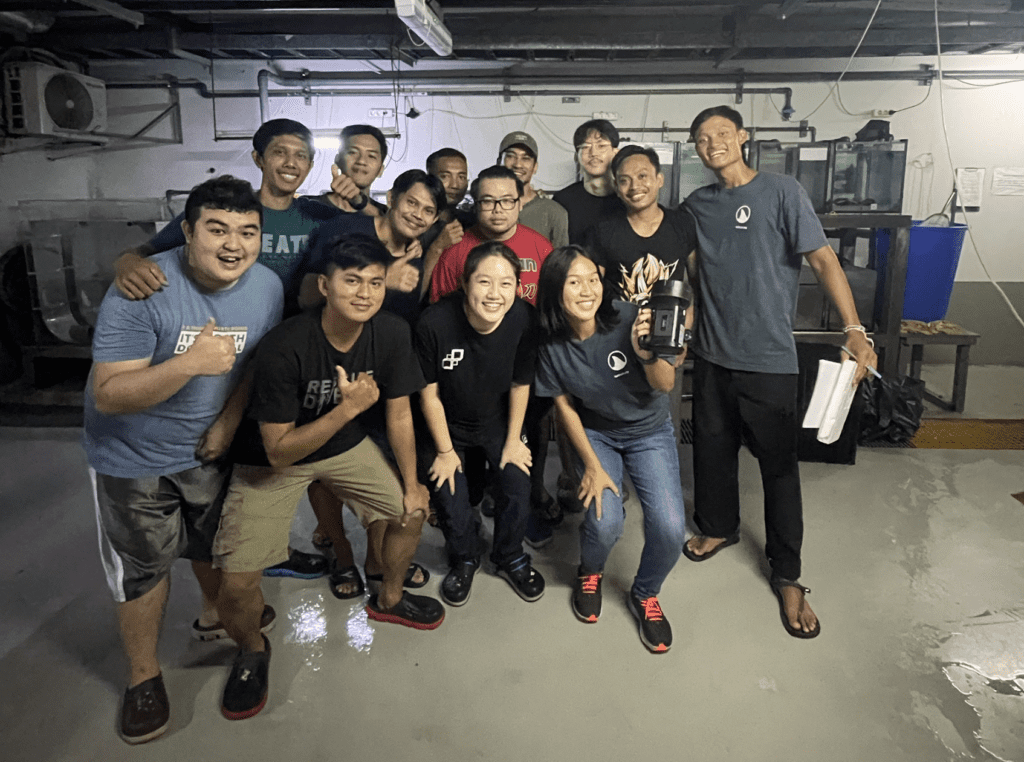
It takes a community. The happy team members who care for and keep the eggs moving to their new homes in Raja
“Special thanks to Lyle Squire Jr and the Cairns Marine Team for their massive contribution to the StAR project (working through a cyclone no less to get the eggs shipped!), to MAC3 Impact Philanthropies, Ocean Blue Tree and AZA SAFE for covering the costs related to this big end-of-year shipment, and to the Jakarta Aquarium and Safari team for staying up late and working hard to quarantine the eggs before their onward journey to Raja Ampat. These eggs are well-loved!”
*Made Abiyoga Udaya, from Bali, Indonesia, is the Research and Conservation Officer for Thrive Conservation, a ReShark/StAR partner.






























